Pelvic floor care: why it’s important

Your pelvic floor muscles give you control over your bladder and bowel. They hold your bladder, bowel and uterus in place. They’re important in sexual pleasure.
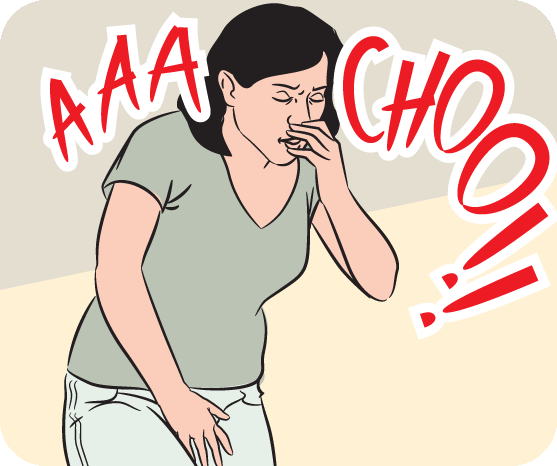
If you have weak pelvic floor muscles, you might feel heavy around your bottom or vaginal area, have trouble controlling wind, or leak urine when you cough, sneeze, laugh or exercise. You might feel an urgent need to urinate.
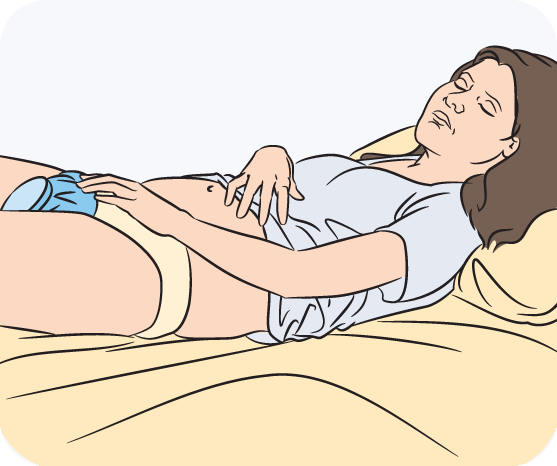
Pregnancy and birth can weaken pelvic floor muscles. So can constipation, if it means you strain when you have a bowel movement. Strengthening your pelvic floor can help.
How to strengthen your pelvic floor
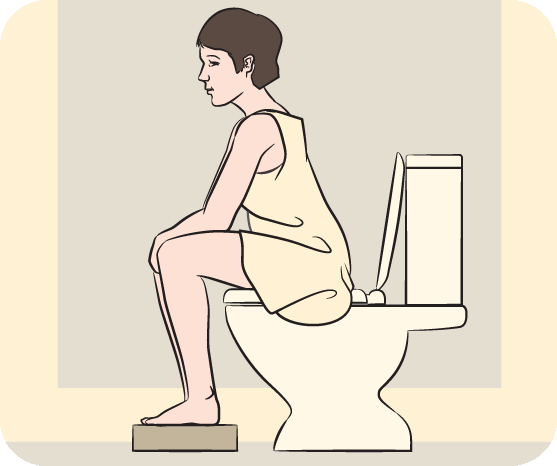
Go to the toilet when your bladder feels full – not ‘just in case’. When you sit on the toilet, relax and lean forward. Put your feet close to the toilet, flat on a step on the floor. Use a step that brings your knees up higher than your hips.
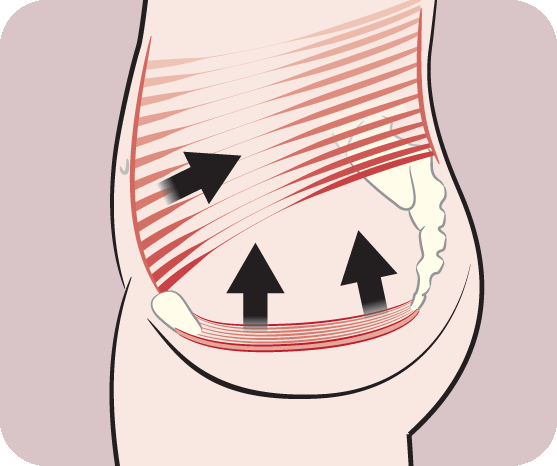
Do pelvic floor exercises. Squeeze, lift and hold your pelvic floor muscles, as if you’re trying to hold in urine or wind. Hold for 3 seconds. As your pelvic floor gets stronger, build up to holding for 5-8 seconds. Avoid tensing your shoulders, thighs or buttocks during holds.
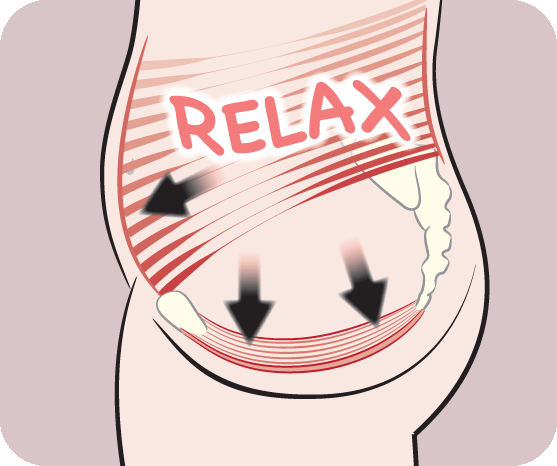
At the end of each hold, let your muscles relax. Relax for the same amount of time as you hold. Do pelvic floor exercises in sets of 4-6, and build up to sets of 8-12. Try to do 3 sets a day.
You can also do 3-5 strong, quick squeezes and lifts, and build up to 8-12. Do this before or after pelvic floor exercises.
Tips for pelvic floor care
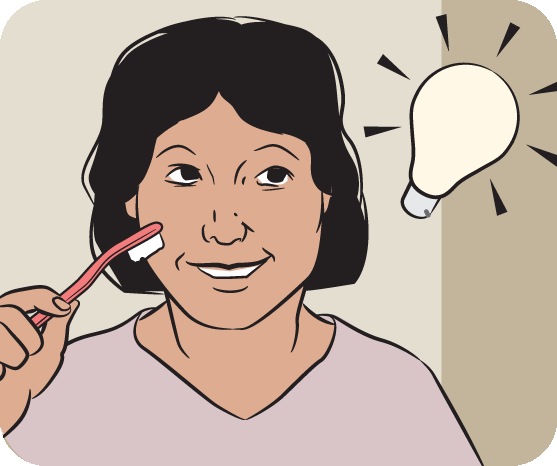
Remembering to do the exercises can be tricky. Try doing them whenever you have a shower, wash your hands or brush your teeth. You can do the exercises sitting, standing or lying down.

Squeeze your pelvic floor muscles and hold them before you cough, sneeze, squat or lift anything. This prepares and protects your pelvic floor.

If you need help with exercises or are worried about your pelvic floor, talk to a physiotherapist or your midwife or doctor, or call the National Continence Helpline on 1800 330 066.